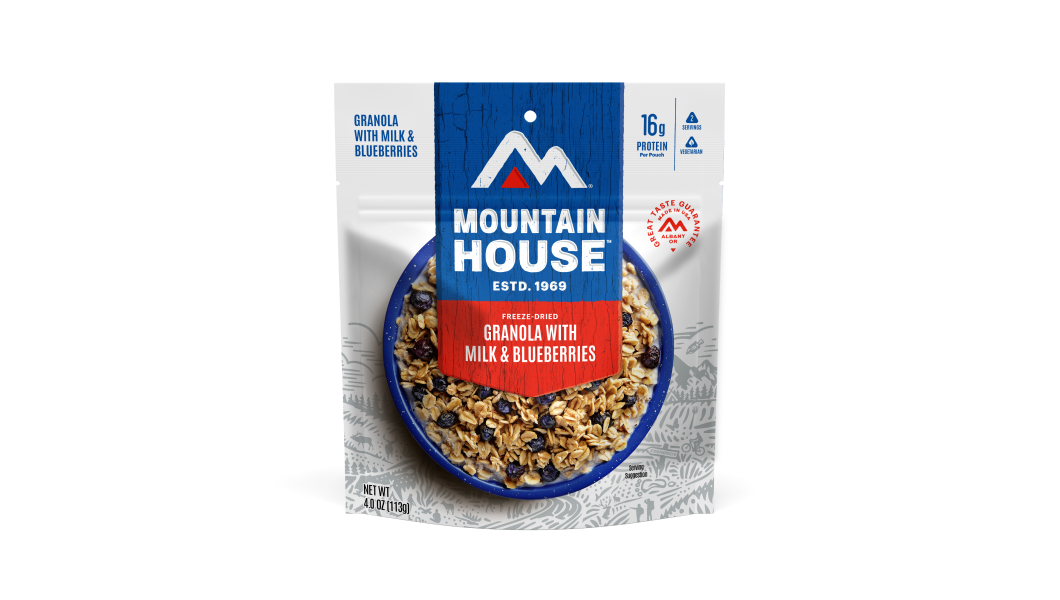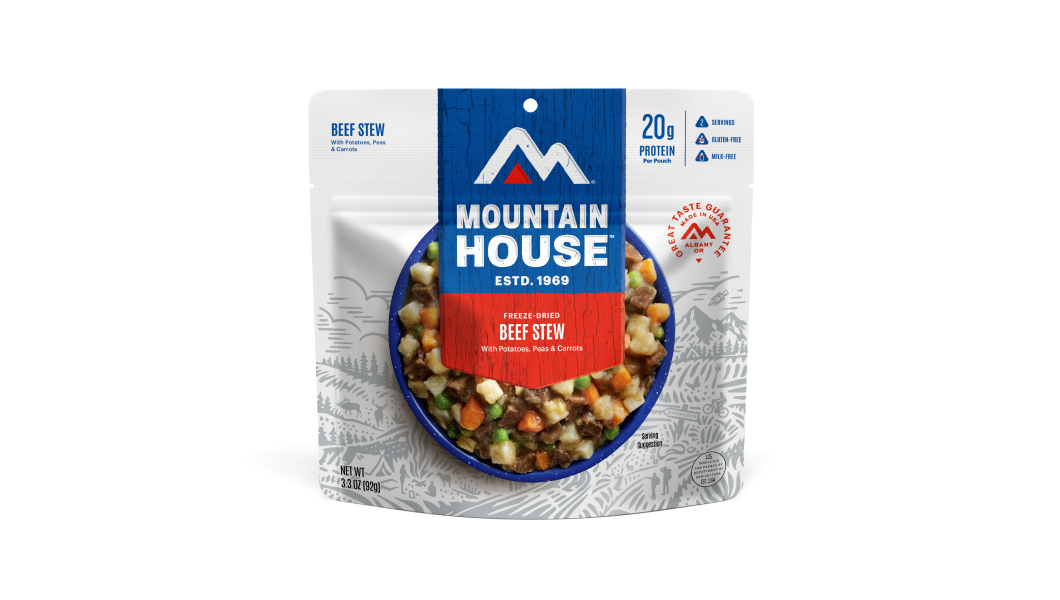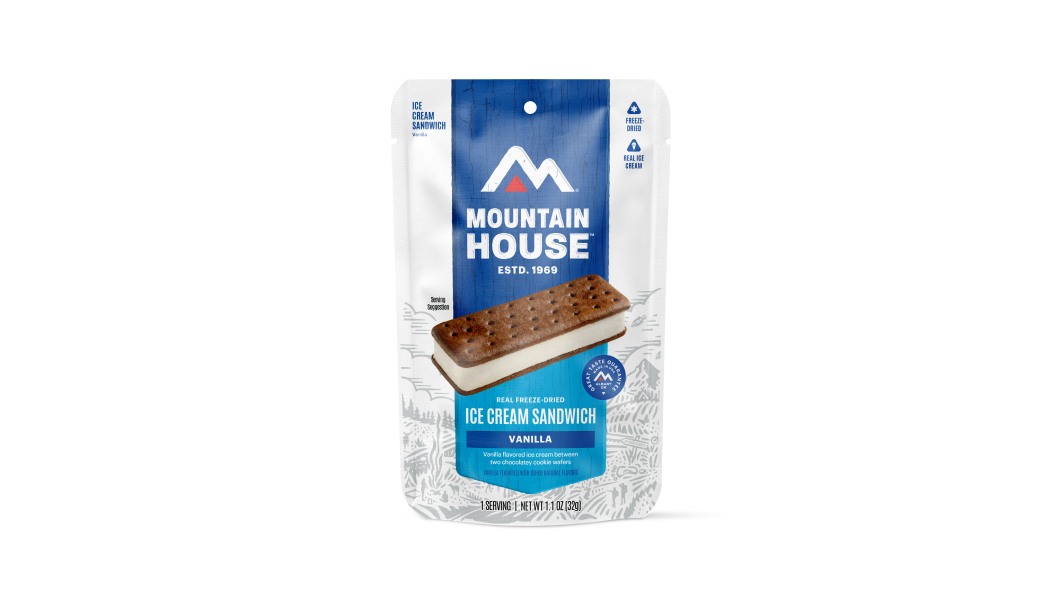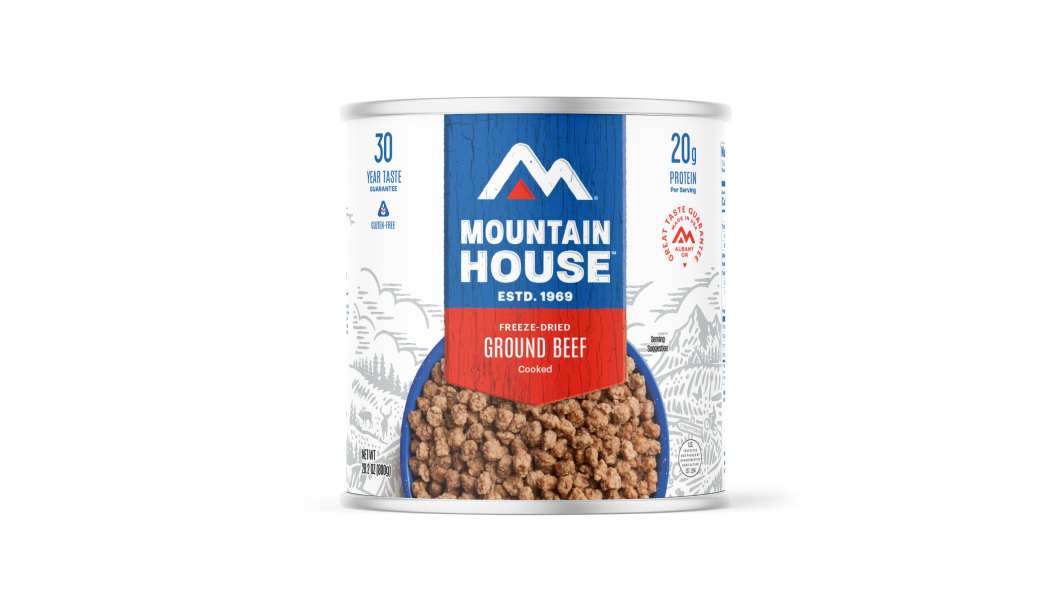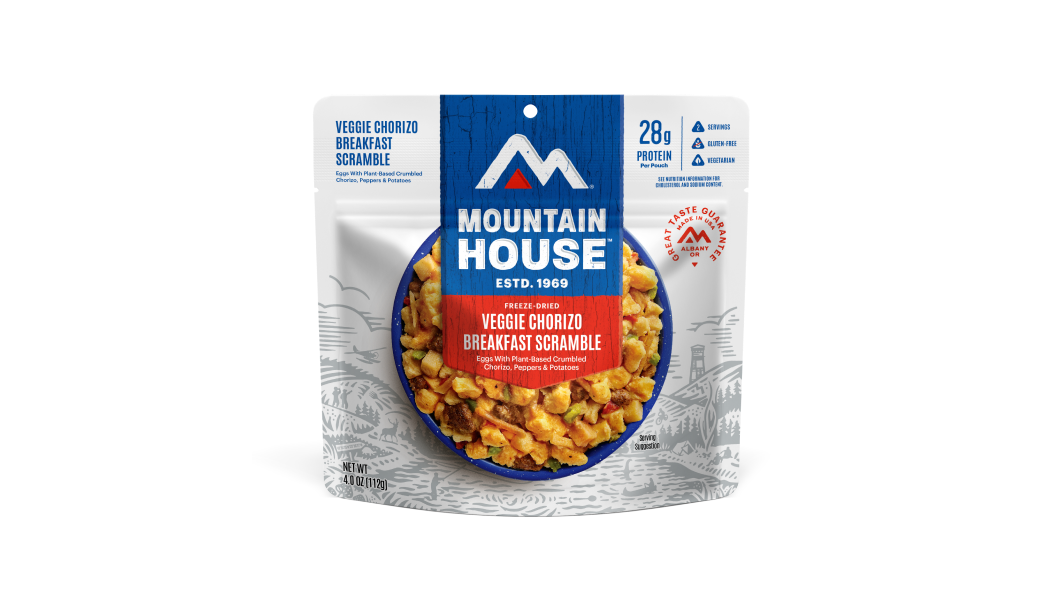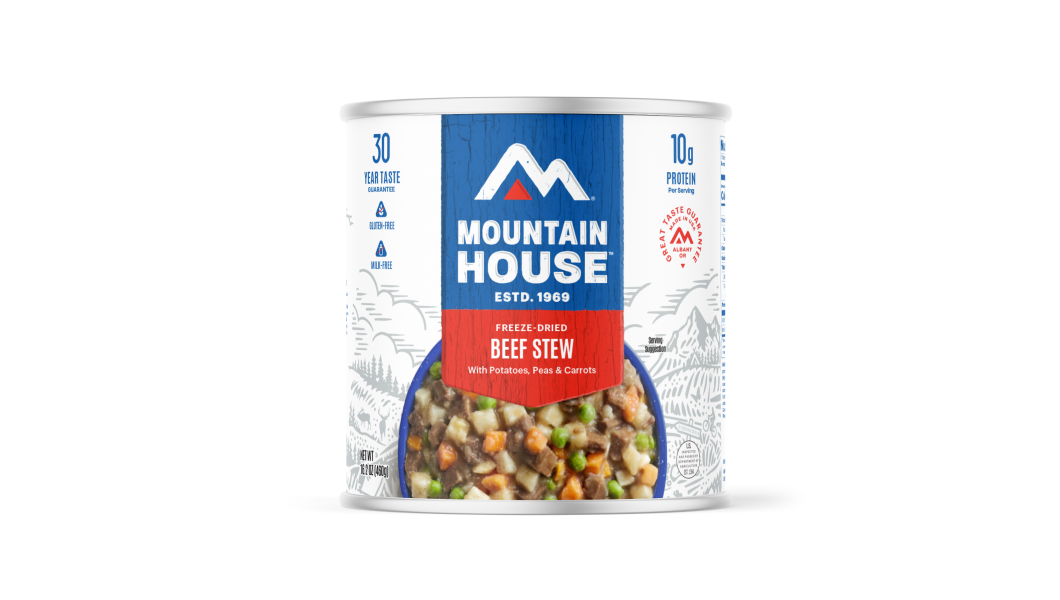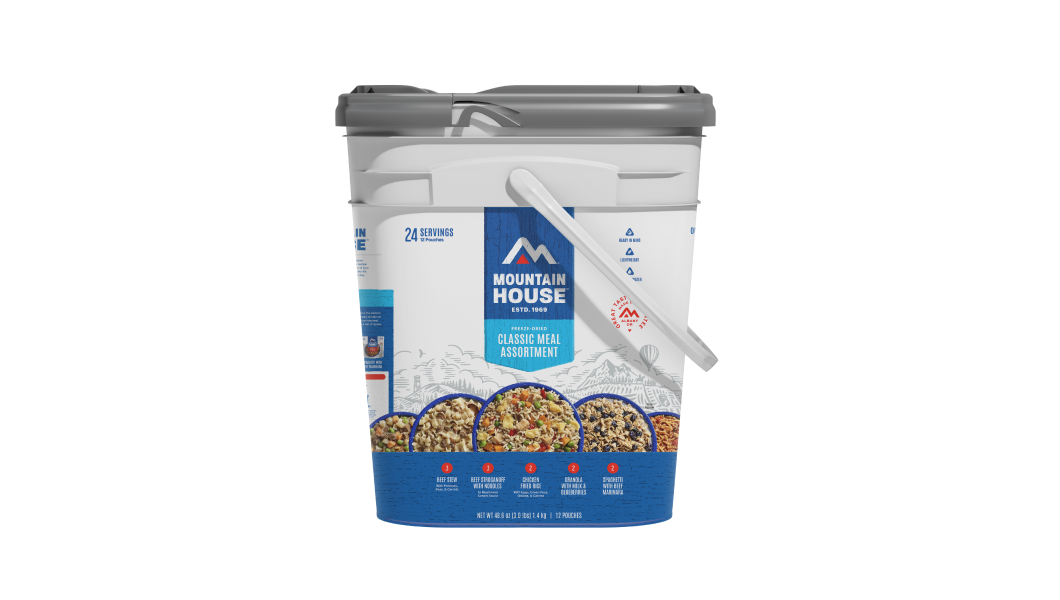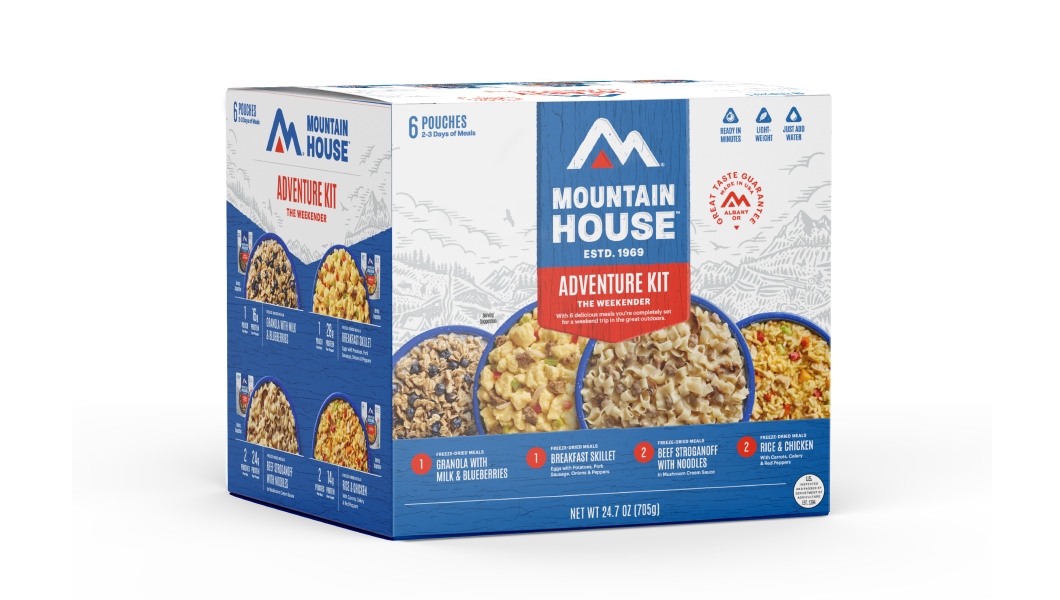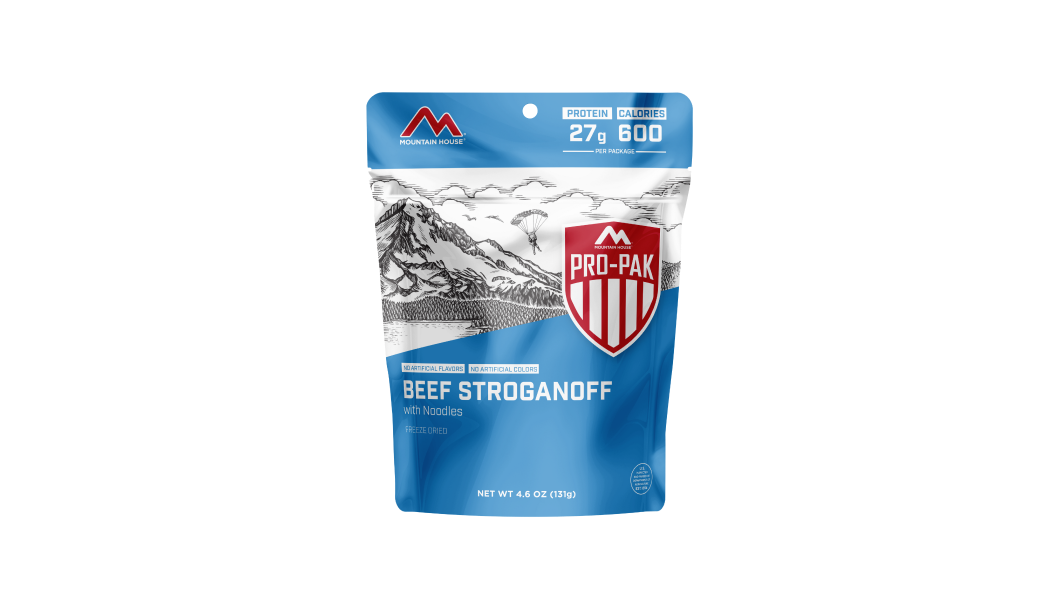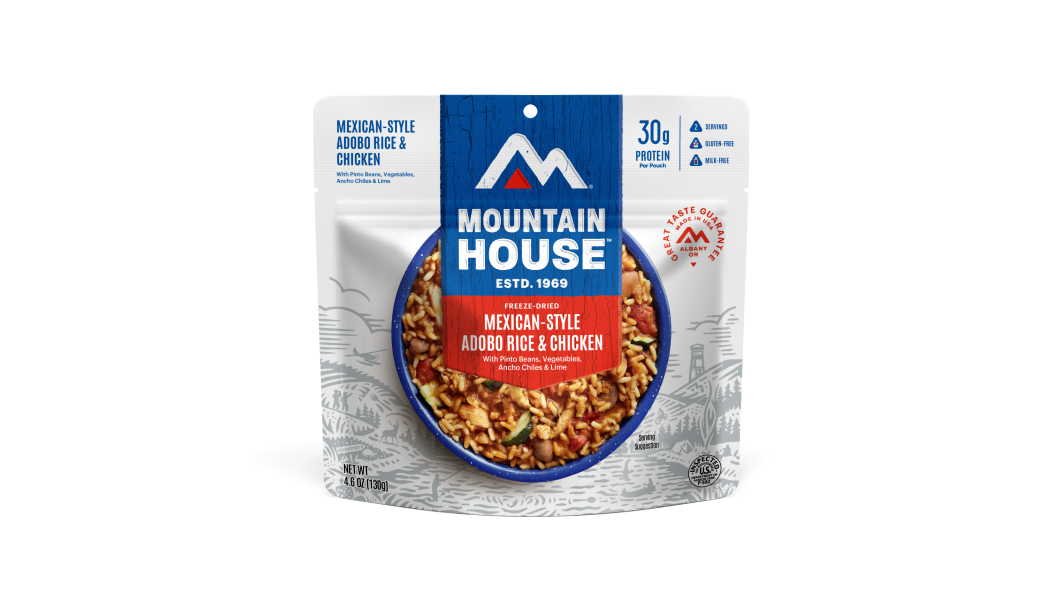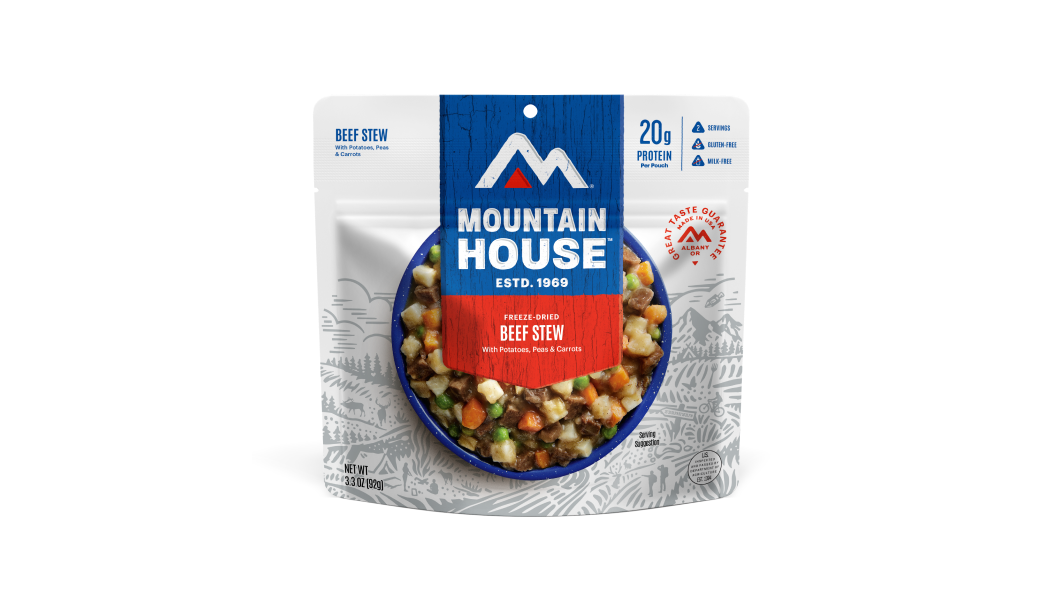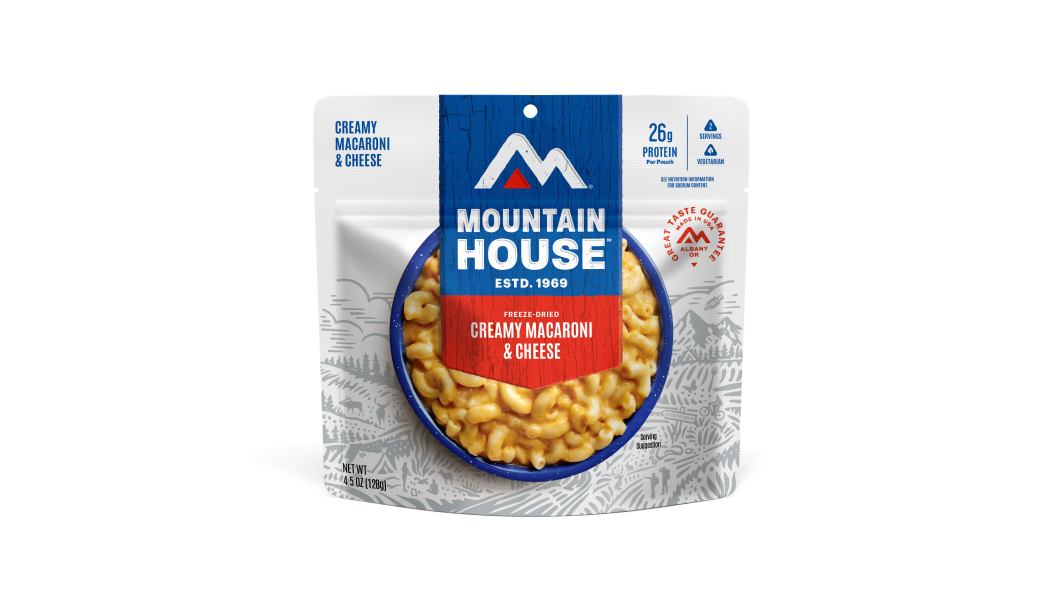Inspired for an Adventure? Check out Beef Stroganoff - Pouch and Beef Stew - Pouch
Free Ground Shipping On All Orders
Over 2,100 Reviews
Add description, images, menus and links to your mega menu
A column with no settings can be used as a spacer
Link to your collections, sales and even external links
Add up to five columns
Add description, images, menus and links to your mega menu
A column with no settings can be used as a spacer
Link to your collections, sales and even external links
Add up to five columns


One of the most pressing concerns for campers is critters munching away on their food. We're not quite the foragers and hunters we once were, so when you bring your own food into the outdoors, you'll need to remember some basic camping food storage tips so your eats are safe from nibbling creatures. When animals ransack your food, it not only leaves you hungry but also exposes you to risks of contracting various diseases such as Salmonella and Hantavirus. Yes, contact with rodents is a potential cause of Hantavirus, a rather deadly ailment, and a definite trip ruiner.
Below is a rundown of storage ideas for campers and the most effective ways of keeping critters at bay:
Remember to Carry a Bear Canister
Food storage for campers is important, which is why we recommend bear canisters. Though bear canisters are pretty expensive, they are very effective in keeping critters away from your food. The bear canisters are airtight and durable. If you lock your food in those containers during the day, you’ll succeed in keeping rodents and other pesky animals at bay. At night you’ll need to move the container at least a hundred feet away from your tent- just in case.
With the bear canisters, you won’t have to worry about pests intruding and stealing your precious food or leaving pathogens behind. Though this is a foolproof way of warding off critters, many folks shy away from trying it being the containers are costly and are heavy (up to four pounds). What matters, however, is that they are effective and durable- you buy it once, and it lasts you a long time.
But if purchasing your bear canister looks like a herculean task, don’t fret as most national park campsites have permanent bear canisters. You may call ahead to reserve one.
Hang Your Food on a Tree
Most critters won’t access food that is hung on a tree. With the aid of a parachute cord, you can store your food a few feet above ground to keep it away from terrestrial animals such as mice and other rodents.
What you need to do is to tie a rock to one end of the parachute cord and food on the other end of the same cord. Throw the rock over a bough that is at least 20 feet high, and you can then raise your stash. Tie off the parachute cord around the tree. You’ll bring down the stash when it is time to eat. Remember to hoist it above the ground after you are done eating.
The rule of thumb is to never leave any food lying on the ground. If you can’t hang the food on a tree, at least put it away in a bear canister. That not only protects the food from opportunistic animals, but it also protects those animals from harm as some human food isn’t healthy or even safe for them. Always keep the campground clean and neat by picking up any trash or food you drop on the ground.
Stash Anything that has a Strong Smell
Few people know that a bear’s sense of smell is seven times stronger than that of a bloodhound. That means if there is anything smelly lying around, it is bound to draw a bear if it happens to be nearby. Therefore, it is imperative for you to stash well anything that has a strong smell.
In fact, all scented products attract critters- especially bears. So, stash away your sunscreen, soap, toothpaste, perfume, or anything else you have that has a strong smell- put them in a camping food container such as a bear canister or a food bag during the night. Some of these things when left to lie about anyhow pose a great danger to critters.
Sink Your Food in a Nearby Stream
If for any reason you cannot employ the camping food storage solutions outlined above, then you can pack your food into waterproof bags and immerse it in a nearby stream. Construct a makeshift barrier of rocks around the waterproof bags and then add more rocks on top of the bag. This method not only helps to keep the food away from critters, but it is also a surefire way of keeping the perishables from spoiling.
If you are camping in a country teeming with bears, you should be even more careful as bears have a reputation of never stopping at anything to lay their paws on your food. In that case, you should utilize bear-resistant canisters which are in most camping centers if at all you can’t buy yourself a portable one.

Southern Comfort Food Ideas for Camping & Backpacking Trips

Easy Camping & Backpacking Rice Meals You’ll Love
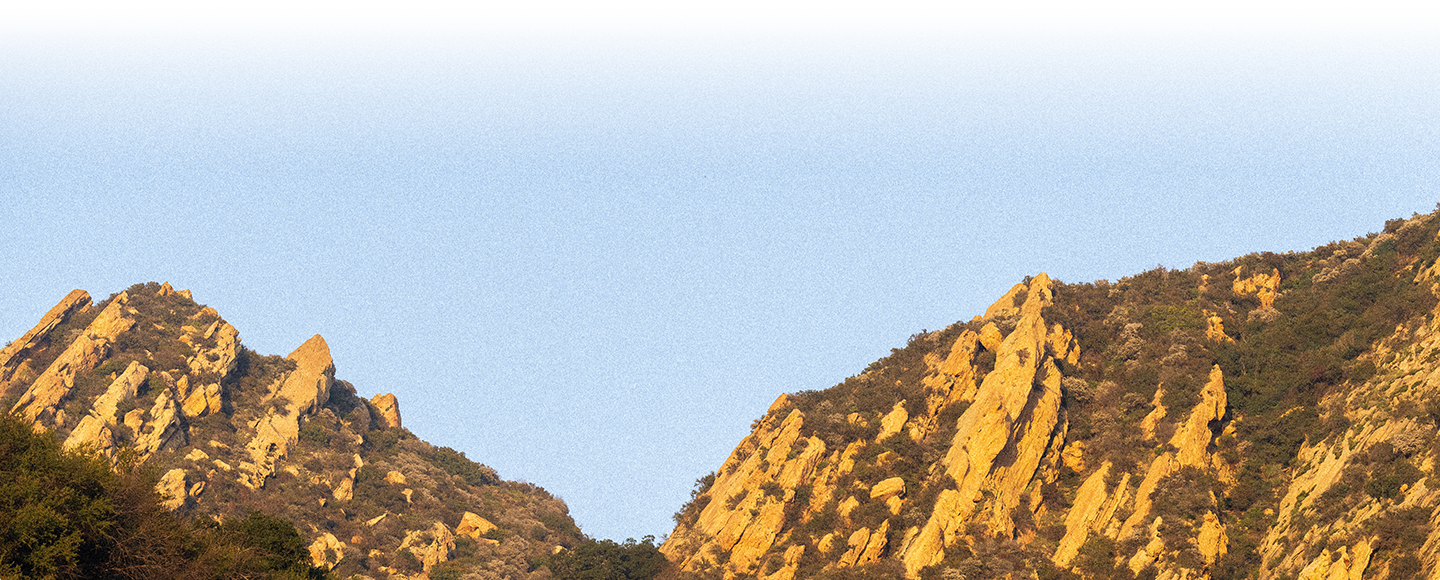
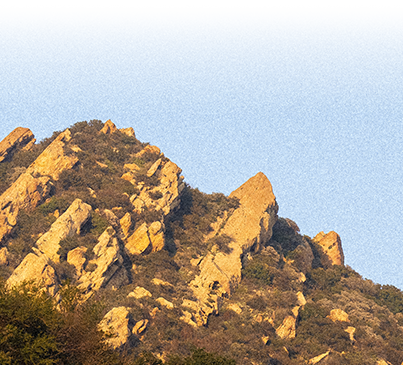
Stay Hungry for Adventure
Sign Up for Delicious Outdoor Meals & Exclusive Offers!
By clicking ‘Join Now’, I agree to the Terms of Service and Privacy Policy.


Join the adventure
©2026 Mountain House — All Rights Reserved.
Your Cart is Empty
Continue ShoppingYour Cart
Subtotal
$0.00
EXPRESS PAYMENT METHODS AVAILABLE IN CHECKOUT
Taxes and Shipping Calculated at Checkout
Your ExpertVoice deal.
$[Deal Price]
$[Original Price]
Discount applied at checkout.
On sale now — lower than your ExpertVoice discount.
Not eligible for ExpertVoice discount.
